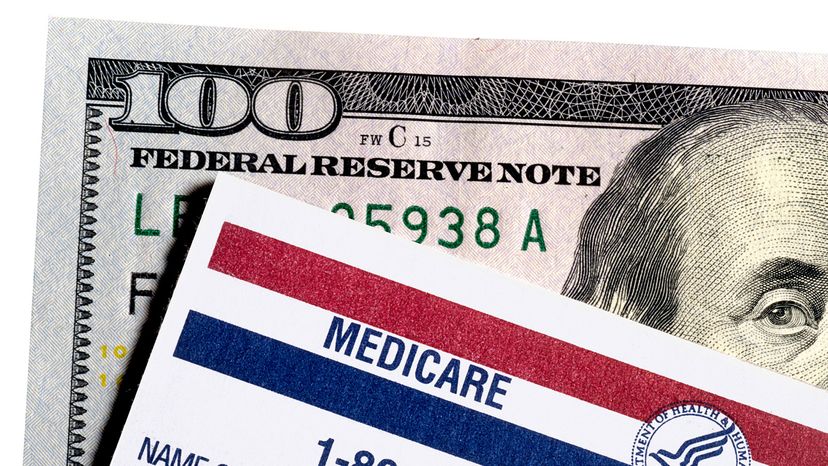
The average married couple retiring at 65 will fork over nearly $390,000 for health care during their remaining years. That's because while Medicare covers many medical bills, it hardly pays for them all.
Medicare parts A and B, which most American retirees are eligible for, mainly covers hospital stays and doctors' visits, after certain deductibles and copays are met. But there is no coverage for drugs, dental, vision or hearing. Just one dental implant can set you back as much as $6,000, as can a pair of top-quality hearing aids.
Advertisement
Because so many potential health care budget-busters remain after Medicare pays its share, many retirees opt to do one of two things: purchase Medicare Part D, which covers prescription drugs, along with a Medicare Supplement plan, better known as Medigap. Or they ditch all Medicare plans (Parts A, B and D) and purchase a Medicare Advantage plan. Let's look at the difference between the two.
Medigap plans, which are offered by private insurers with federal government oversight, cover many of the costs that Medicare does not, such as deductibles, copayments and coinsurance. The costs covered depend on which plan you purchase. (As of January 2020, there were eight plans available for new retirees; two additional plans are only available to people who'd purchased them before 2020.) But in general, the better the coverage, the more you'll pay.
Medigap premiums differ by insurer, age, location and plan selected, so retirees could pay an average of between $40 and nearly $1,000, for 2021 premiums according to Healthline.
Medicare Advantage plans, also offered by private insurers, provide all of the same benefits as Medicare Part A and Medicare Part B. They also often include Medicare Part D coverage and will pay for some of Medicare's deductibles and copays. Some plans even include dental, vision and/or wellness benefits. But perhaps the biggest selling point to consumers: These plans are typically much cheaper than Medigap. (The U.S. government estimated an average monthly premium of $21 in 2021 for Medicare Advantage plans.)
So what's the drawback? Medicare Advantage plans often involve health care networks (think HMOs or PPOs), so you may not be able to choose your physician or hospital. And if you elect to go elsewhere anyway, you may have to pay the entire bill yourself. You also generally need to make a copayment for every treatment.
Still, people are increasingly opting for Medicare Advantage plans. In 2021, 26.9 million beneficiaries are expected to be enrolled in Medicare Advantage. That's almost a 10 percent increase over the 24.4 million currently enrolled.
Advertisement

